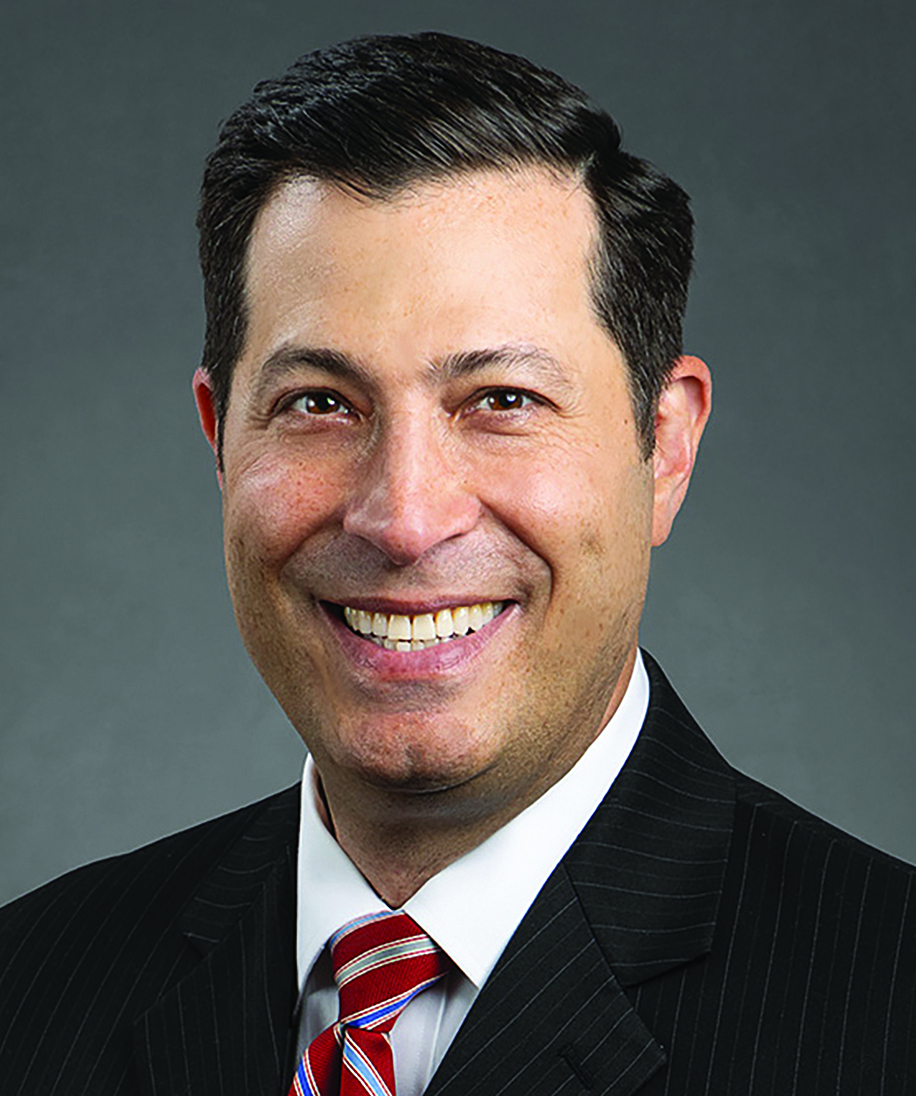Client Alert
Supreme Court: Title VII Prohibits Discrimination Because of Sexual Orientation or Gender Identity
June 16, 2020
By Ryan Derry, Sarah Spiegelman, Jeffrey Webb, & Jeffrey Wohl
In a landmark ruling, the U.S. Supreme Court has held that Title VII of the Civil Rights Act of 1964 prohibits discrimination in employment because of sexual orientation or gender identity, on the grounds that it is a form of sex discrimination. “Because discrimination on the basis of homosexuality or transgender status requires an employer to intentionally treat individual employees differently because of their sex, an employer who intentionally penalizes an employee for being homosexual or transgender also violates Title VII.” Bostock v. Clayton County, Georgia, No. 17-1618 (June 15, 2020).
In the 6-3 decision, authored by Justice Gorsuch, the Court reasoned that an employer violates Title VII when it intentionally discriminates against an employee based even in part on sex. There is no way, the Court continues, to consider an employee’s sexual orientation or transgender status without taking into account that individual’s own sex. If a person identifying as male and a person identifying as female both are attracted to men, an employer’s distinction between them is sex-based.
The Court noted that Title VII’s protections extend to individuals, so it is not a defense if an employer discriminates against both men and women who have same-gender attractions (such that the prohibition affects employees of all genders equally); because the individual affected employee still is being discriminated against based on sex, the employer has violated Title VII.
The same reasoning applies to discrimination against transgender and gender-nonconforming individuals, the Court held. A person’s identified sex at birth is what distinguishes whether the person’s behavior is acceptable to the discriminating employer: “If the employer retains an otherwise identical employee who was identified as female at birth, the employer intentionally penalizes a person identified as male at birth for traits or actions that it tolerates in an employee identified as female at birth.”
The Court rejected several employer arguments made in the case.
One was that if Congress wanted to address sexual orientation and gender identity under Title VII, it would have done so specifically. The Court held that when Congress chooses not to include any exceptions to a broad rule (in this case, prohibiting discrimination because of sex), the Court will apply the broad rule.
Another rejected employer argument was that because few drafters of Title VII in 1964 would have expected it to apply to discrimination against gay and transgender people, the law should not extend that far. The Court explained that legislative history cannot trump unambiguous statutory text. Even when a new application is both unexpected and important, the Court should enforce the statute’s plain terms.
For the same reason, the Court found it immaterial that there have been numerous (unsuccessful) efforts to amend Title VII to expressly provide for protection against discrimination based on sexual orientation or gender identity.
The Court limited its holding to employment discrimination under Title VII, and said whether the principle it embraced would apply to other laws would have to await future cases. In particular, the Court declined to speculate how its ruling would interact with laws protecting religious beliefs and expressions, such as the First Amendment and the Religious Freedom Restoration Act of 1993. The Court also declined to “prejudge” how its decision would impact sex-segregated bathrooms, locker rooms, and dress codes, as employers had warned. Also to be seen is what effect the decision will have on employee benefits.
In his dissenting opinion, Justice Alito, joined by Justice Thomas, accused the majority of legislating from the bench, arguing that no one in 1964 thought that Title VII was intended to prohibit discrimination based on sexual orientation or gender identity—in fact, at the time, homosexual conduct was forbidden by law in many American jurisdictions—and that the Court should have construed the text of Title VII in light of how its language was commonly understood at the time. He also contended that discrimination based on sexual orientation or gender identity is not the same as sex discrimination, and gave as an example an employer that fires both a man for dating a man and a woman for dating a woman; in those instances, Justice Alito argued, the firings came because of the employees’ homosexual conduct, not their sex. Writing separately, Justice Kavanaugh also dissented, agreeing with Justice Alito that sex discrimination under Title VII should be given its ordinary meaning, which, he said, does not include discrimination based on sexual orientation or gender identity.
Bostock was consolidated with two other cases, Altitude Express, Inc. v. Zarda from the Second Circuit and R.D. & G.R. Harris Funeral Homes, Inc. v. EEOC from the Sixth Circuit. In those cases, the lower courts split on whether Title VII prohibits discrimination based on sexual orientation or transgender status. The courts in Zarda and R.D. & G.R. Harris Funeral Homes and the Seventh Circuit in Hively v. Ivy Tech Community College of Ind., 853 F. 3d 339 (7th Cir. 2017), held that Title VII prohibits such discrimination, while the Eleventh Circuit in Bostock held that it does not, following a long line of cases so holding. The Court’s opinion in Bostock now settles that circuit split.
Implications of the Bostock Ruling
What does this ruling mean for employers in states that did not already prohibit employment discrimination against LGBTQ people?
The most immediate effect of Bostock is that in the 27 states that did not prohibit employment discrimination on the basis of sexual orientation or gender identity as a matter of state law, LGBTQ people now are protected against discrimination under Title VII. These states are:
Alabama, Alaska, Arizona, Arkansas, Florida, Georgia, Idaho, Indiana, Kansas, Kentucky, Louisiana, Michigan, Mississippi, Missouri, Montana, Nebraska, North Carolina, North Dakota, Ohio, Oklahoma, Pennsylvania, South Carolina, South Dakota, Tennessee, Texas, West Virginia, and Wyoming.
(Wisconsin prohibited employment discrimination on the basis of sexual orientation, but not gender identity.)
If they do not currently do so, employers in these states will need to update their policies and training programs to expand protection against discrimination based on sexual orientation and gender identity.
Employers should not necessarily expect a flood of new discrimination complaints from LGBTQ employees. For example, in California, which has prohibited discrimination based on sexual orientation or gender identity for decades, out of 77,721 complaints filed with the California Department of Fair Employment and Housing in the last reported year, only 1,585 (2%) were made on the basis of sexual orientation, and only 1,392 (1.8%) were made on the basis of gender identity or expression. However, like any claim of discrimination, a claim of discrimination based on sexual orientation or gender identity needs to be taken seriously and resolved appropriately.
What are the implications for other areas of law, such as housing, healthcare, and education?
Although the Court in Bostock limited its ruling to Title VII, given that other, non-employment statutes track Title VII’s language, and courts interpreting those statutes look to Title VII for guidance, the implications of Bostock could be broad. Those statutes include laws in education (such as Title IX), public accommodations, housing, and healthcare. Bostock certainly calls into immediate question the Trump Administration’s actions to rescind prior guidance that transgender students are protected under Title IX’s prohibition on sex discrimination, and to exclude sexual orientation and gender identity from anti-discrimination protections in section 1557 of the Affordable Care Act.
Where does Bostock leave Congress?
Amendments to expand Title VII’s protections to include sexual orientation and gender identity have been introduced every year, for years. In 2013, such efforts passed the Senate, but failed in the House of Representatives. More recently, in 2019, after the Democrats reclaimed the House, they passed an amendment to Title VII to extend protection to LGBTQ individuals, but the legislation has stalled in the Republican-controlled Senate. Efforts to codify Bostock and extend its ruling to other laws will continue, while some may seek to limit its effect. In this election year, the chance of any such legislation passing in both chambers seems low.
In the meantime, Bostock gives LGBTQ individuals and those who believe in equal employment opportunity for all much to celebrate.
Contributors





For More Information




